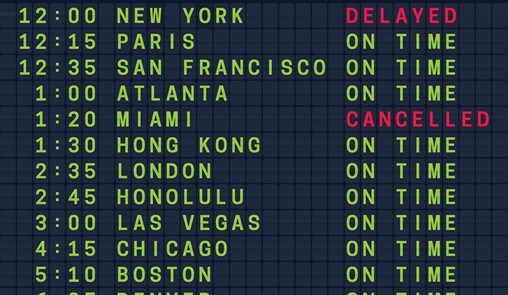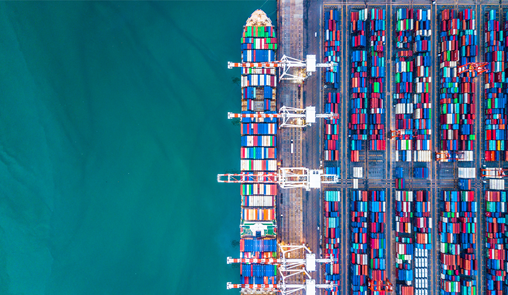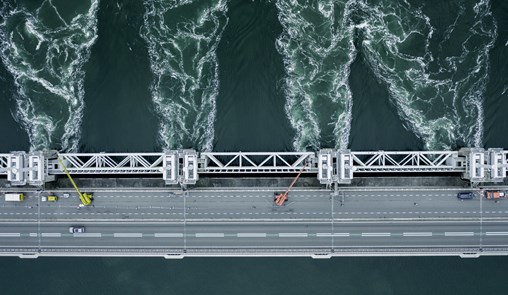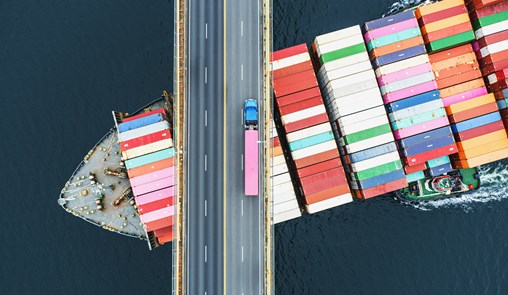Alistair Bridges is special counsel at Moulis Legal and head of our regulatory practice. He is also a key member of the firm’s international trade practice.
He is a fundamental resource for our clients in the handling of major trade, commercial and cross-border matters, and in administrative law, including Federal Court review of government action.
Alistair has significant experience in complex regulatory matters, including anti-dumping and countervailing investigations, freedom of information, privacy law safeguards investigations, customs valuations and classifications, export controls/sanctions compliance, and merits review and judicial review litigation and treaty law. His strong skills in statutory interpretation, advocacy, and ability to apply legal principal in real-world government processes, allow him to provide thorough, nuanced and successful representation and advice.
In recognition of his experience, Alistair is acknowledged as an “Up and Coming” associate in the International Law/WTO arena by Chambers & Partners and a leading administrative and public lawyer by Doyle’s Guide. He was recognised as one of Australia’s 21 most outstanding young lawyers by The Australian newspaper and is listed as a leading export control and sanctions expert by the Journal of Export Controls and Sanctions.
Alistair is a Specialist in Administrative Law accredited by the Law Institute of Victoria. He has a Masters Degree (with Merit) in Laws specialising in international law, and a Graduate Diploma in Legal Practice (with Merit) both from the Australian National University. As well, he has a Bachelor of Economics (majoring in economic analysis) and a Bachelor Degree in Law (with Honours) from the University of Tasmania. He is admitted to the Supreme Court of South Australia.
Before commencing at Moulis Legal, Alistair completed the Australian Tax Office graduate program, where he received a great deal of technical experience in tax affairs and the workings of government. He was exposed to both the policy side of the agency’s responsibilities and the legal implementation of those policies. Most notably, he worked in the team responsible for the agency’s implementation of the Future Tax System Review.
In his free time Alistair reads, he runs and he enjoys a good cup of coffee. Despite having lived in five different states and territories, he is inalterably Tasmanian (and would not change that). Alistair is deeply passionate about administrative law and international trade law; if you have an issue in either realm, he wants to hear about it.
QUALIFICATIONS
Specialist in Administrative Law accredited by the Law Institute of Victoria (2019 +)
Master of Laws (International Law) with Merit, Australian National University (2013)
Graduate Diploma of Legal Practice with Merit, College of Law (2009)
Bachelor of Laws (LLB) with Honours, Bachelor of Economics (Analysis) University of Tasmania (2008)
Practising Certificate – Admitted to the Supreme Court of South Australia
AWARDS AND RECOGNITION
Chambers and Partners Global 2024, 2023 – Up and Coming – International Trade/WTO
Chambers and Partners Asia Pacific 2024, 2023 – Up and Coming – International Trade/WTO
Doyle’s Guide – Leading Administrative and Public Lawyers – Victoria, 2023
Chambers and Partners Global 2022 – Associate to Watch.
Chambers and Partners Asia Pacific 2022 – Associate to Watch.
“Rising Star”, International Trade, International Financial Law Review 2022 Asia Pacific awards.
“Rising Star”, International Trade Law, Legal Media’s 2020 Expert Guides: Rising Stars, the only Australian lawyer to receive this award.
































